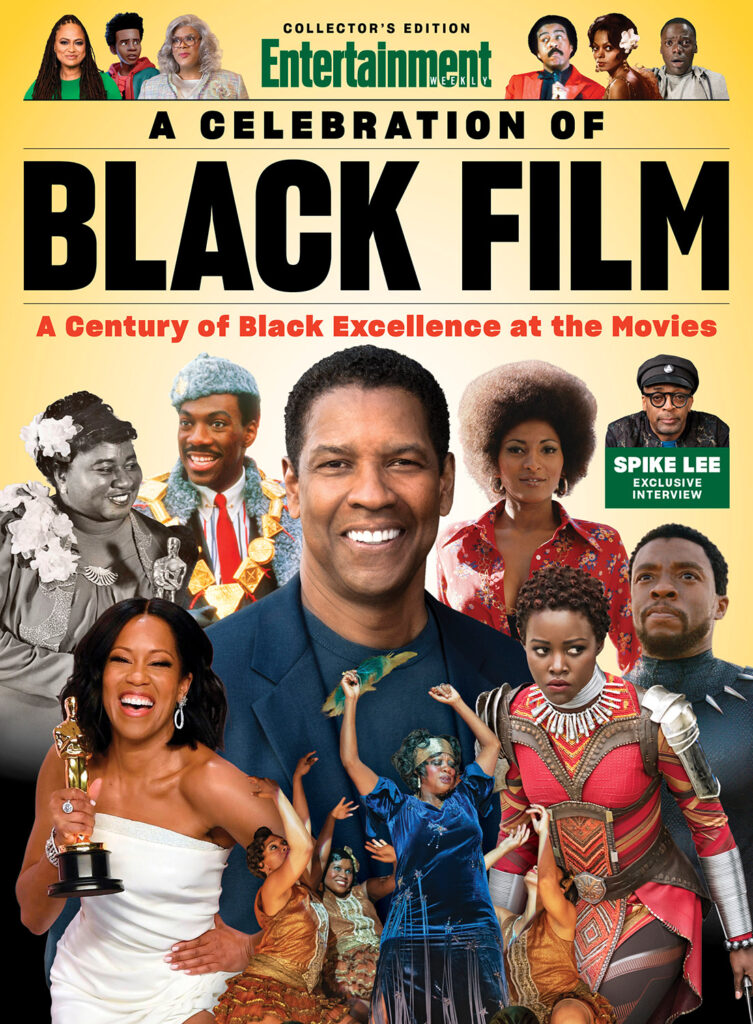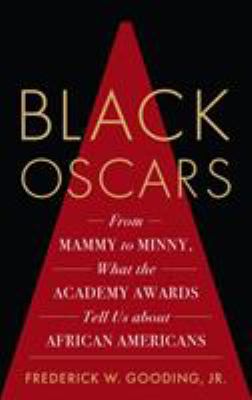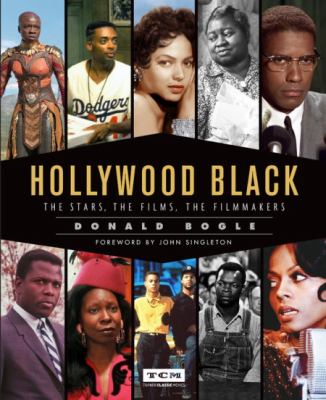In 1964, Sidney Poitier broke down barriers when he became the first black male to win the Academy Award for Best Actor. How far has America come with representation in film and television since his achievement? With the Oscars now in the books, which steps are still needed to achieve equality on-screen and behind the scenes. Join the discussion!
Moderator: Chris Tanaka, Channel 19 News
Donna Dabbs, Greater Cleveland Urban Film Festival (GCUFF)
Mike Berry, Skip Thomas Productions
Thursday, April 29 | 7:30PM
YouTube and Facebook Live
Recommended Reading
These recommended reads are in partnership with Cleveland 19’s The Next 400 series

Why Wakanda Matters: What Black Panther Reveals about Psychology, Identity, and Communication
Edited by Sheena C. Howard
In 2018, the Marvel Cinematic Universe finally delivered on something fans had long been waiting for: a feature film with a solo Black superhero. Black Panther introduced viewers to the stunning world of Wakanda, a fictional African country with incredible technological advancements, and to T’Challa, a young man stepping into his role as king and taking up the mantle of the Black Panther title from his late father. The unforgettable story, coupled with the film’s mega-success, has undoubtedly shaped the future of superhero cinema, in addition to genuinely changing viewers’ lives. Why Wakanda Matters gives this iconic film the in-depth analysis it deserves under the lens of the latest psychological concepts-as well as delving into the lasting cultural impact of this unforgettable story.

A Celebration of Black Film: A Century of Black Excellence at the Movies
By Jay Coles
Entertainment Weekly celebrates the rich legacy of Black film and filmmakers in more than 100 years of movies. From Oscar Micheaux, a self-made auteur who in 1919 directed the first feature-length movie with an all-Black cast, to Ava Duvernay, Jordan Peele, Regina King and more new artists who are defining the future of Black movie-making. From first African-American Oscar winner Hattie McDaniel to legends like Lena Horne, Dorothy Dandridge, Harry Belafonte and Sidney Poitier to the stars of today: Denzel Washington, Viola Davis, Michael B. Jordan, Mahershala Ali, Tiffany Haddish and many more. Includes interviews with Spike Lee, Radha Black, Peter Ramsey (director Spiderman: Into the Spider-Verse) and others. A must for all movie lovers. Please note that this product is an authorized edition published by the Meredith Corporation and sold by Amazon. This edition is printed using a high quality matte interior paper and printed on demand for immediate fulfillment.

Black Oscars: from mammy to minny, what the Academy Awards tell us about African Americans
by Frederick W. Gooding
This timely book draws on American, African American, and film history to reflect on how the Oscars have recognized blacks from the award’s inception to the present. Starting in the 1920s, the chapters provides a thorough analysis and overview of black actors nominated for their Hollywood roles during each decade, with special attention paid to the winners—many of which occur in the latter decades. Historical patterns are analyzed to reveal racial trends and open up the question of whether race relations have truly changed substantively or only superficially over time.

The Hollywood Jim Crow: The Racial Politics of the Movie Industry
by Maryann Erigha (2019)
The story of racial hierarchy in the American film industry
The #OscarsSoWhite campaign, and the content of the leaked Sony emails which revealed, among many other things, that a powerful Hollywood insider didn’t believe that Denzel Washington could “open” a western genre film, provide glaring evidence that the opportunities for people of color in Hollywood are limited.

Hollywood Black: The Stars, The Films, The Filmmakers
by Donald Bogle
The films, the stars, the filmmakers-all get their due in Hollywood Black, a sweeping overview of blacks in film from the silent era through Black Panther, with striking photos and an engrossing history by award-winning author Donald Bogle.